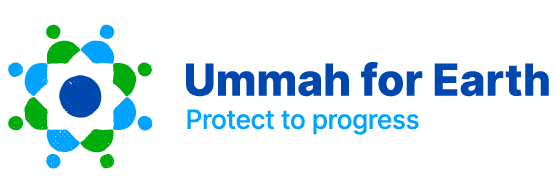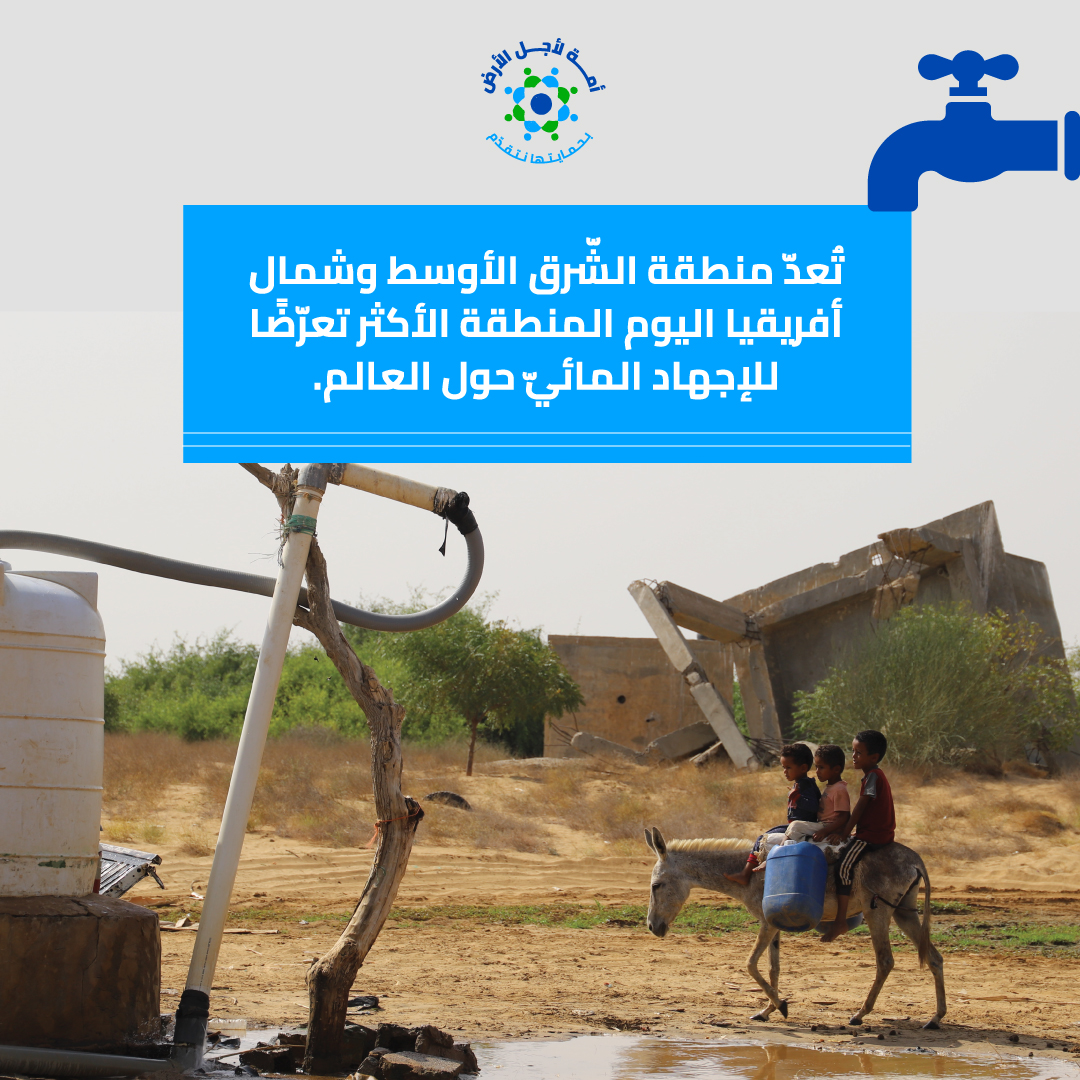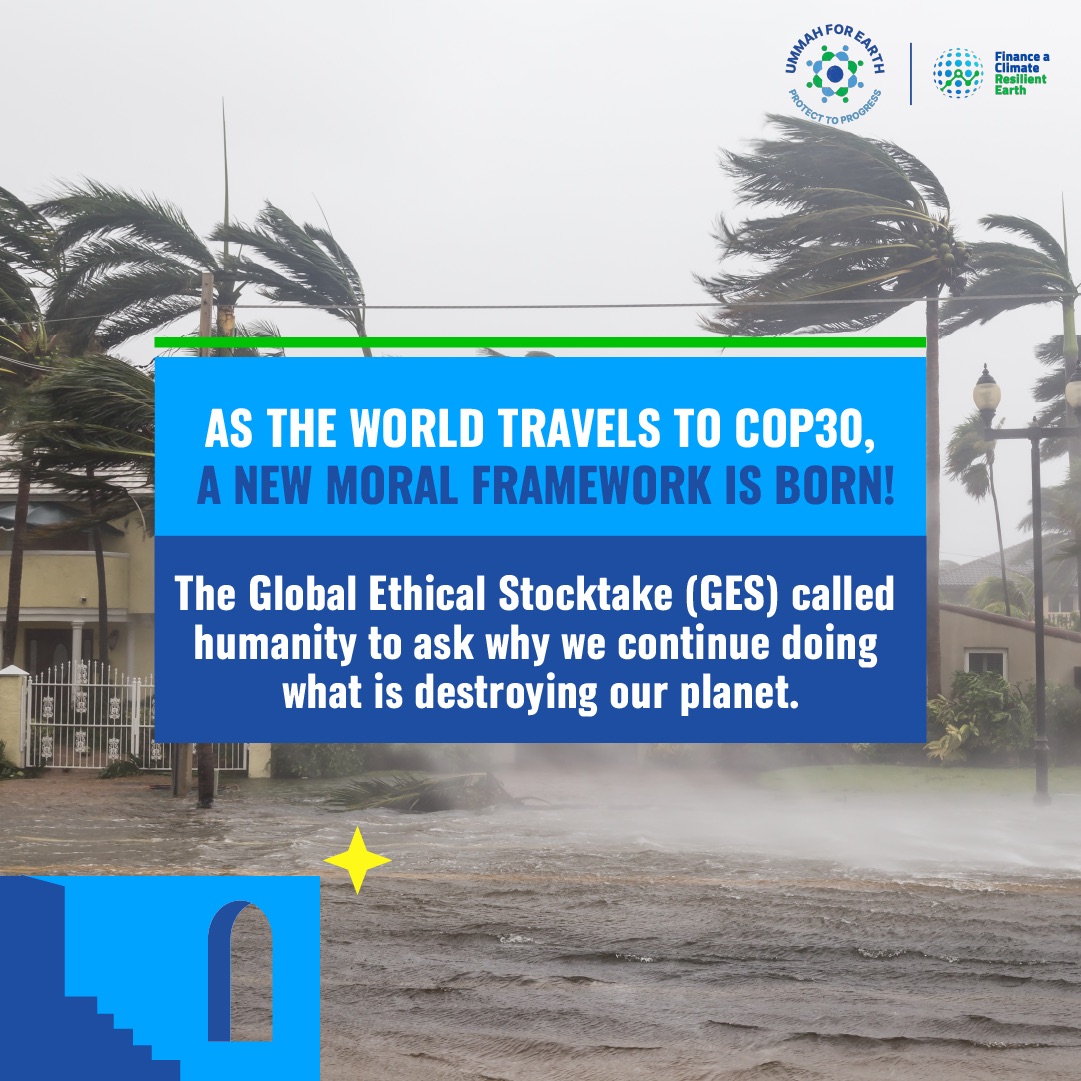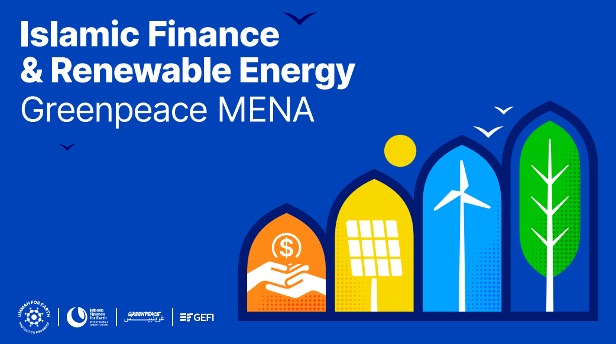As COP30 in Brazil approaches, we are reminded that the call for climate action is not only scientific and political, it is deeply ethical and spiritual. For Muslims, the Qur’an gives timeless guidance on how to take care of the creation, teaching us that protecting the earth is an act of worship.
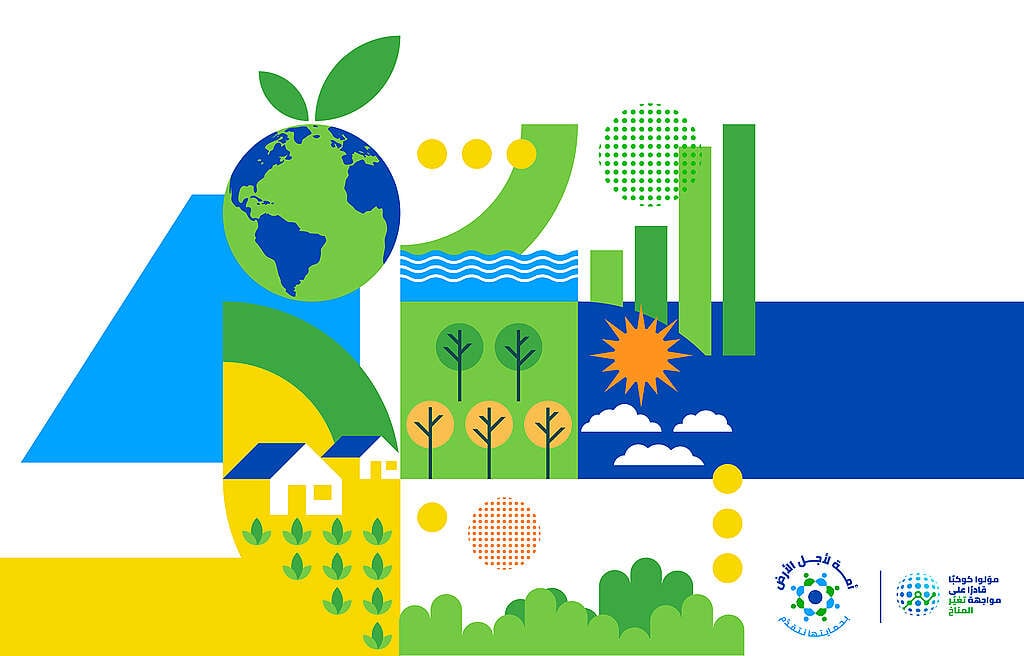
How does this Qur’anic guidance generally relate to COP30 and global climate conversations and action?
1- Did you know that the Qur’an speaks of balance in creation?
“And the heaven He raised and imposed the balance. That you do not transgress within the balance” (Qur’an 55:7-8).
Equity comes first when we talk about climate justice. In order to protect vulnerable communities from bearing the heaviest impacts of a crisis they did not cause, burden sharing should be equitable. However, many of the current climate pledges do not meet the urgency that science requires, and they are far from balanced.
Faith can play a role in fostering justice, equity, and balance by relying on Islamic principles such as Adl (Justice & Fairness) and Shura (Consultation & Participation). Ensuring equitable burden-sharing at COP30 is a Qur’anic obligation to restore balance, not just a policy requirement.
2- Did you know that reducing waste is a moral duty?
“Indeed, the wasteful are brothers of the devils” (Qur’an 17:27).
As stewards on this Earth, our duty is to preserve the planet and avoid wastefulness, as it’s considered a failure that could disconnect us from balance and responsibility.
Yet, in today’s life, our world is drowning in waste. Plastic pollution continues to choke our oceans. Despite all the international negotiations and agreements, progress is very slow and often delayed. Food waste alone is considered one of the biggest contributors to greenhouse gas emissions, while energy waste accelerates climate change.
Pledges without ethical foundations are failing us. Islamic teachings inspire us to be responsible for our actions, as waste is not only harmful, it’s a betrayal of trust. By rooting our actions in Qur’anic values, reducing waste becomes an act of worship, one that empowers Muslims to lead and support other communities in building a balanced world. At this year’s COP, let us be the inspiration that drives this change.
3- Did you know Waqf can fund green initiatives?
Waqf, or charitable endowments, supported community wells, schools, and hospitals for centuries. Waqf can now be used to finance planting trees, rainwater collection, and solar rooftops
Yet despite such means, the most vulnerable are frequently left out of climate finance pledges. Islamic finance can guarantee equity and supplement public funds through waqf, zakat, and green sukuk. Scaling faith-based climate finance could close important gaps and introduce justice into climate funding at COP30. This year, let’s bring Islamic finance into the climate finance conversation as a way toward a just and inclusive funding mechanism.
4- Did you know that the Earth is a trust we should not betray?
“It is He who has made you successors upon the earth” (Qur’an 35:39).
This planet is not ours; we are its stewards. But often, as vulnerable people at the frontlines are hurting, polluters manage to get away with business-as-usual through carbon markets and offsetting schemes. In order to make sure that commitments are upheld, COP30 negotiations must be guided by the values of integrity, transparency, and accountability aligned with faith.
5- Did you know that faith can lead COP30 efforts to justice?
As Muslims, we are reminded that responsibility and obligation to look after creation do not solely present themselves as a duty but as an act of worship. The Qur’an invites us to strive for balance, justice, and responsibility. In COP30, such values can guide negotiations; these are not empty words but actual commitments to safeguard the vulnerable and establish balance on Earth.
Too often, climate finance commitments fail to support adaptation for vulnerable groups who are already experiencing the realities of droughts, floods, and displacement. The least responsible for causing the climate crisis are being asked to pay the biggest price.
That is why we must call for Global North countries to effectively fund climate adaptation efforts. Justice requires rich countries to step up and be committed to paying up for frontline communities.
Join us in this call to climate justice and equity by signing our petition today. Together, with hope and action, we can drive COP30 toward a fairer, more sustainable future for all.
